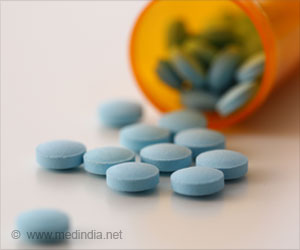It is well known that testosterone increases hematocrit, which has the potential to increase the risk for venous thromboembolism.
However, researchers and the U.S. Food and Drug Administration have acknowledged that the cardiovascular safety of testosterone among individuals with low testosterone levels is unclear.
Advertisement
“We were unable to find evidence from our individual patient data (IPD) meta-analyses that testosterone increases risks of mortality or cardiovascular and/or cerebrovascular events in the short- to medium-term in men with low testosterone, most of whom have various forms of functional hypogonadism,” said Channa Jayasena, MD, PhD, Head of Andrology at the Imperial College of London in London, U.K.
The National Institute of Health & Care Research (NIHR) funded Jayasena and colleagues to pool all results from 35 randomly controlled trials of men with low testosterone.
They performed a one-stage meta-analysis using IPD (17 studies) and a two-stage meta-analysis that included IPD alongside studies that did not provide IPD (18 studies). The included trials reviewed data from 3,431 men.
The risk for cardiovascular and/or cerebrovascular events were similar between the testosterone and placebo groups.
The frequency of subtypes for cardiovascular or cerebrovascular events were similar between testosterone and placebo groups. Edema and erythrocytosis were reported more often in the testosterone group.
It should be known that the researchers did not identify subgroups with a greater risk for cardiovascular and/or cerebrovascular events.
The data reveal fewer deaths recorded in the testosterone group compared with those administered placebo. However, this finding was not considered statistically significant.
Testosterone significantly reduced serum total cholesterol, high-density lipoprotein (HDL), and triglycerides compared with placebo.
However, there were no significant differences in serum low-density lipoprotein (LDL), blood pressure, glycemic parameters, diabetes incidence, and prostate adverse outcomes between the testosterone and placebo groups.
Although testosterone offered positive effects on quality of life and sexual function, the results varied.
“Researchers worldwide have come together to share their results to improve safety for patients. These data provide some reassurance to men with low testosterone and their clinicians about the safety of testosterone in the short-to-medium term, although more long-term data are required,” Jayasena said.
Source: Medindia



